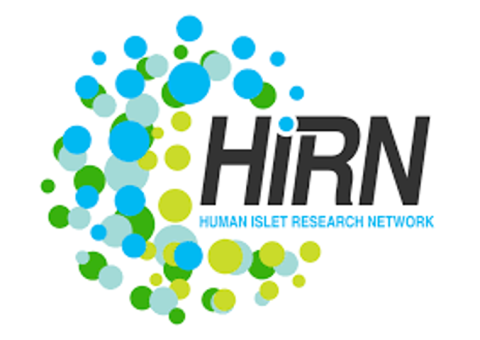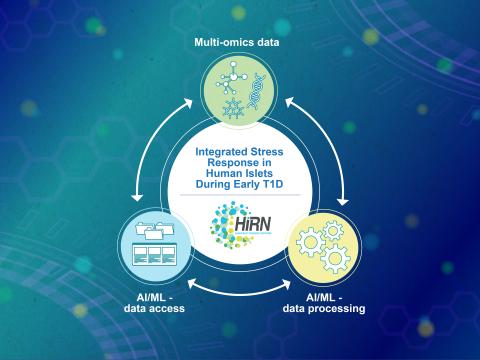Category
Description
The Human Islet Research Network (HIRN) is a large consortia with many research projects focused on understanding how beta cells are lost in type 1 diabetics (T1D) with a goal of finding how to protect against or replace the loss of functional beta cells. The consortia has multiple branches of research, including understanding beta cell death and survival, regenerating loss beta cell with stem cells, modeling beta cell functions in mice and humans, and more. HIRN also hosts a wide range of datasets, including genomics, proteomics, transcriptomics, 3D chromatography, and more, making it a valuable resource for researchers in this field. The existing datasets available are available through the HIRN resource browser (https://resourcebrowser.hirnetwork.org/) and more information on the full consortia is available at https://hirnetwork.org/.
Data made available is a part of the project to provide AI/ML Ready Datasets for Type 1 Diabetes.
Projects (3)
The Diabetes Autoimmunity Study in the Young (DAISY) seeks to find environmental factors that can trigger the development of type 1 diabetes (T1D) in children. DAISY follows children with high-risk of developing T1D based on family history or genetic markers. Genes, diets, infections, and...
Datasets
2
The Environmental Determinants of Diabetes in the Young (TEDDY) study is searching for factors influencing the development of type 1 diabetes (T1D) in children. Research has shown that there are certain genes that correlate to higher risk of developing T1D, but not all children with these genes...
Datasets
1
Machine learning is a core technology that is rapidly advancing within type 1 diabetes (T1D) research. Our Human Islet Research Network (HIRN) grant is studying early cellular response initiating β cell stress in T1D through the generation of heterogenous low- and high-throughput molecular...
Datasets
4





